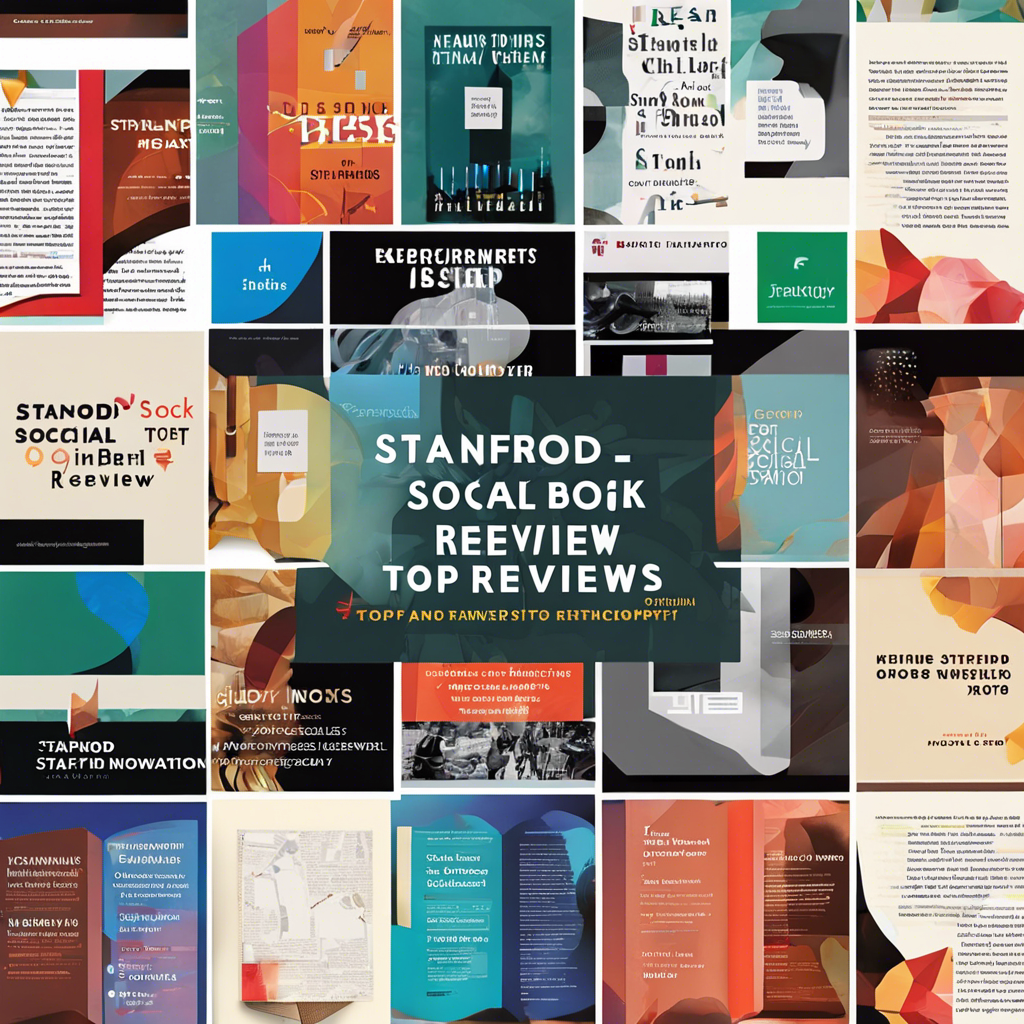A wave of new legislation aims to limit the enforcement of noncompete agreements in the United States, following the footsteps of California.
In a surprising turn of events, OpenAI, the creator of ChatGPT, faced a crisis when the majority of its employees threatened to quit and join CEO Sam Altman at Microsoft to develop successors to ChatGPT. This scenario, which unfolded against the backdrop of a five-day crisis, highlighted the power of noncompete agreements (NCAs) and the legal challenges they pose. However, the landscape is shifting as more states push to ban or curtail the enforcement of NCAs, with California leading the way.
The Growing Movement:
Until recently, only Oklahoma and North Dakota, in addition to California, prohibited the enforcement of noncompete agreements. However, in the past few months, more states have joined the movement, motivated by research revealing the negative impact of NCAs on innovation and wages. During the 2023 legislative session, 38 states introduced 81 bills aimed at banning or limiting NCA enforcement. The Economic Innovation Group (EIG) reports that 10 states have already enacted some form of limitation on these agreements this year.
The Impact of NCAs:
Research from the Universities of Maryland and Michigan indicates that nearly 20% of US workers are bound by noncompete agreements, with a significant portion presented after accepting a job offer. In the tech industry, these agreements are even more prevalent, affecting 35% of computer- and math-related workers and engineers. If not for California’s ban, these numbers would likely be higher. Shockingly, over half of US states allow companies to bind employees with NCAs even after they have been laid off.
State-Level Bans:
Minnesota made history by becoming the first state in over a century to enact a near-total ban on NCA enforcement, with exceptions for entrepreneurs who sell their businesses. Other states, such as New York, are under pressure to follow suit, with labor groups and antitrust advocates urging Governor Kathy Hochul to sign a ban that has already passed the state assembly.
Federal Intervention:
At the federal level, the National Labor Relations Board has declared that noncompetes violate the National Labor Relations Act, and the Federal Trade Commission has proposed a nationwide ban on the practice. The agency is expected to finalize the rule in April, although business groups are likely to challenge it. Additionally, lawmakers reintroduced the bipartisan Workforce Mobility Act, which seeks to outlaw noncompetes in most scenarios.
The Impact on Innovation:
California’s ban on noncompetes has long been credited with fostering the growth of Silicon Valley. The ability for employees to freely move between companies has led to the creation of numerous successful startups. A national ban on noncompetes could have a similar effect, opening the door for new startups in states like Texas and Florida, where tech companies have been increasingly flocking in recent years.
Conclusion:
The movement to ban or curtail the enforcement of noncompete agreements is gaining momentum across the United States. With states like Minnesota leading the way and federal agencies taking action, the landscape for employee mobility and innovation is set to change. As more states consider enacting bans, the future looks promising for workers seeking greater freedom and for the growth of new startups in emerging tech hubs. The days of stifling noncompete agreements may be numbered, ushering in a new era of innovation and competition.











